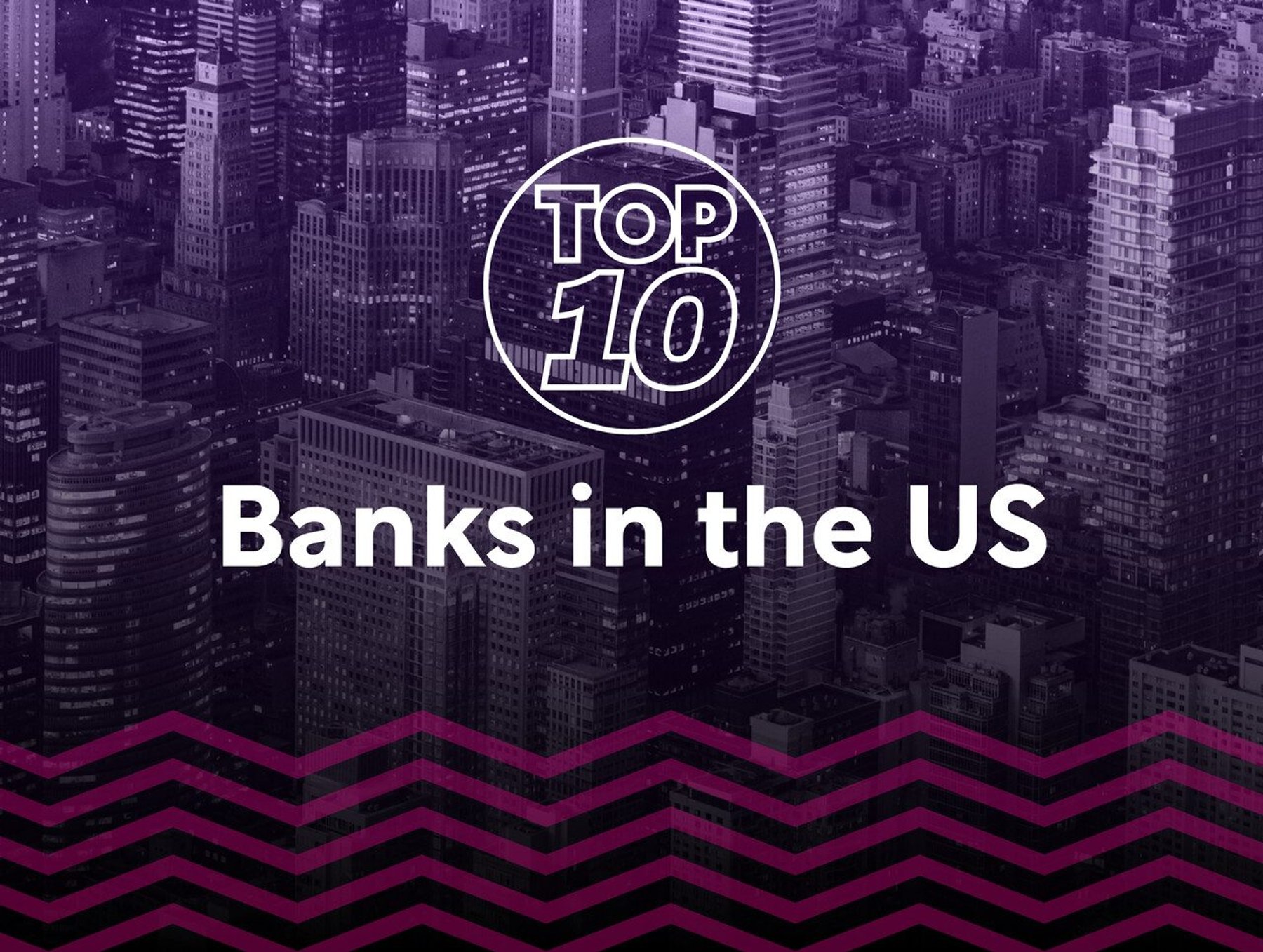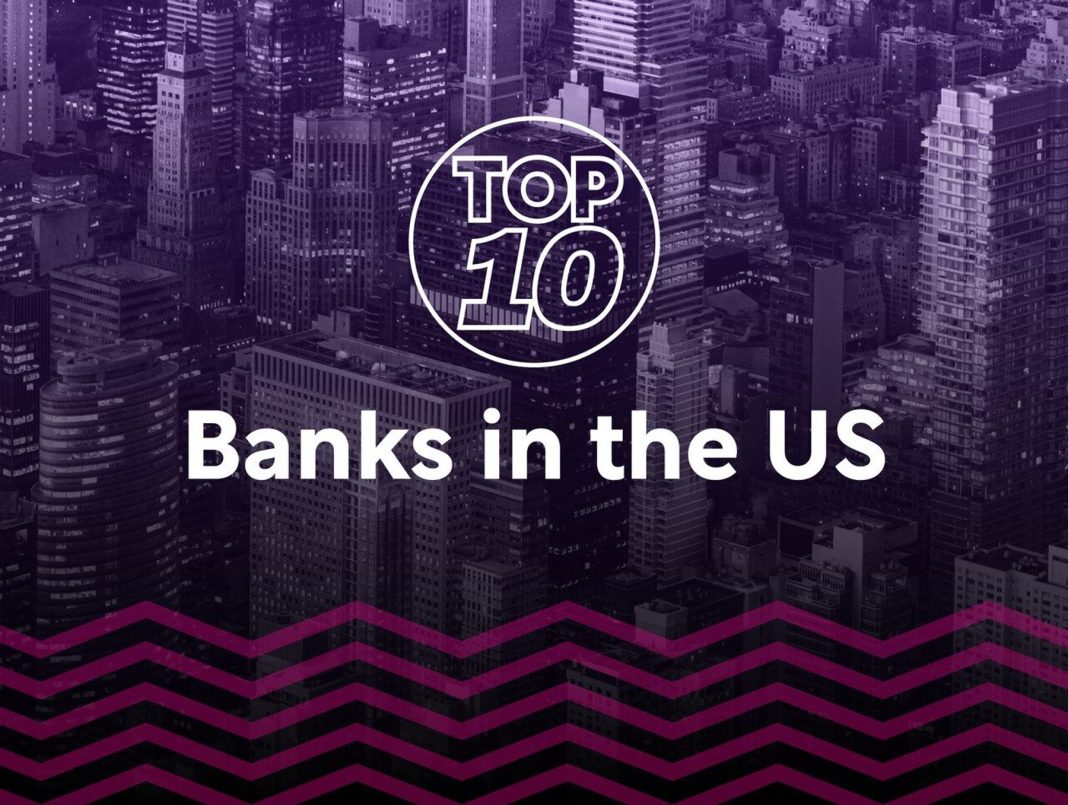 Large banks may offer extensive ATM networks, advanced technology, and a wide range of products, but when it comes to interest rates on savings accounts, they often fall short compared to small banks and credit unions. While some local institutions and internet banks have recently offered rates of 5 percent or higher on savings accounts and money market deposit accounts, the interest rates on large banks’ accounts have barely moved since the Federal Reserve Board began increasing short-term rates in March 2022.
Large banks may offer extensive ATM networks, advanced technology, and a wide range of products, but when it comes to interest rates on savings accounts, they often fall short compared to small banks and credit unions. While some local institutions and internet banks have recently offered rates of 5 percent or higher on savings accounts and money market deposit accounts, the interest rates on large banks’ accounts have barely moved since the Federal Reserve Board began increasing short-term rates in March 2022.
A research paper published by the UCLA Anderson School of Management in 2023 found that customers of large banks are willing to accept low rates on their savings in exchange for other benefits that these banks provide. On the other hand, small banks are compelled to offer higher rates on deposits to remain competitive. The economists who conducted the study also noted that customers of small banks are more price-sensitive compared to customers of large banks, who tend to have higher incomes and live in urban areas. Additionally, small banks and credit unions often charge lower fees for monthly account maintenance and overdrafts.
One reason large banks have been able to maintain low interest rates is due to customer inertia. Many customers of these banks don’t pay attention to the interest they earn on their savings after opening an account, which provides little incentive for banks to raise rates. Ken Tumin, founder of DepositAccounts.com, explains that this lack of attention from customers benefits large banks.
However, if you’re looking for higher yields on your savings, it’s worth exploring accounts from internet banks. These institutions can offer extremely competitive rates because they don’t have the expenses associated with physical branches.
It’s important to note that if the Federal Reserve cuts rates later this year, institutions of all sizes will lower their rates accordingly. High-yield online accounts are likely to see rate reductions first. In fact, some online banks have already reduced rates on certificates of deposit in anticipation of a Fed rate cut.
Fortunately, there’s no need to limit yourself to one bank or credit union. You can choose to have your checking account at a small bank or credit union that doesn’t charge a monthly fee and invest your emergency savings in a high-yield online savings account. This way, you can take advantage of the benefits offered by different types of financial institutions.
When it comes to credit cards, a recent analysis by the Consumer Financial Protection Bureau (CFPB) found that interest rates on credit cards from small and medium-size banks and credit unions are generally lower than rates on cards issued by large financial institutions, even for borrowers with good credit. For example, the median interest rate for people with good credit was 28.20 percent for large credit card issuers compared to 18.15 percent for small issuers, according to the CFPB.
However, Ted Rossman, senior analyst for CreditCards.com, advises against focusing solely on finding a low-rate credit card. Instead, he suggests making it a priority to pay off your card’s balance every month to avoid paying any interest at all. Carrying a balance on a credit card with an 18 percent interest rate may still result in unnecessary costs.
For consumers who don’t carry a balance, the rewards credit cards offered by big banks can be advantageous. These cards often come with perks such as frequent-flier miles and cash back on various purchases.
In conclusion, while large banks may excel in certain areas, they often struggle to match the higher interest rates offered by small banks and credit unions on savings accounts. Customers of large banks may be more willing to accept lower rates in exchange for other benefits, while customers of small banks are typically more price-sensitive. Internet banks are a great option for those seeking higher yields on their savings due to their ability to offer competitive rates without the expenses of physical branches. When it comes to credit cards, smaller financial institutions often provide lower interest rates, but it is advisable to focus on paying off balances in full to avoid interest charges. Rewards credit cards from large banks can be beneficial for consumers who do not carry a balance. By diversifying your financial accounts across different types of institutions, you can take advantage of the various benefits they offer.


